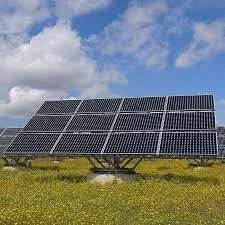Despite its proven effectiveness, challenges remain in the fight against parasitic infections. Issues such as drug resistance, inadequate healthcare access, and lack of awareness in remote communities can hinder deworming efforts. Therefore, public health campaigns are essential to educate communities about the importance of regular deworming and proper sanitation practices.







